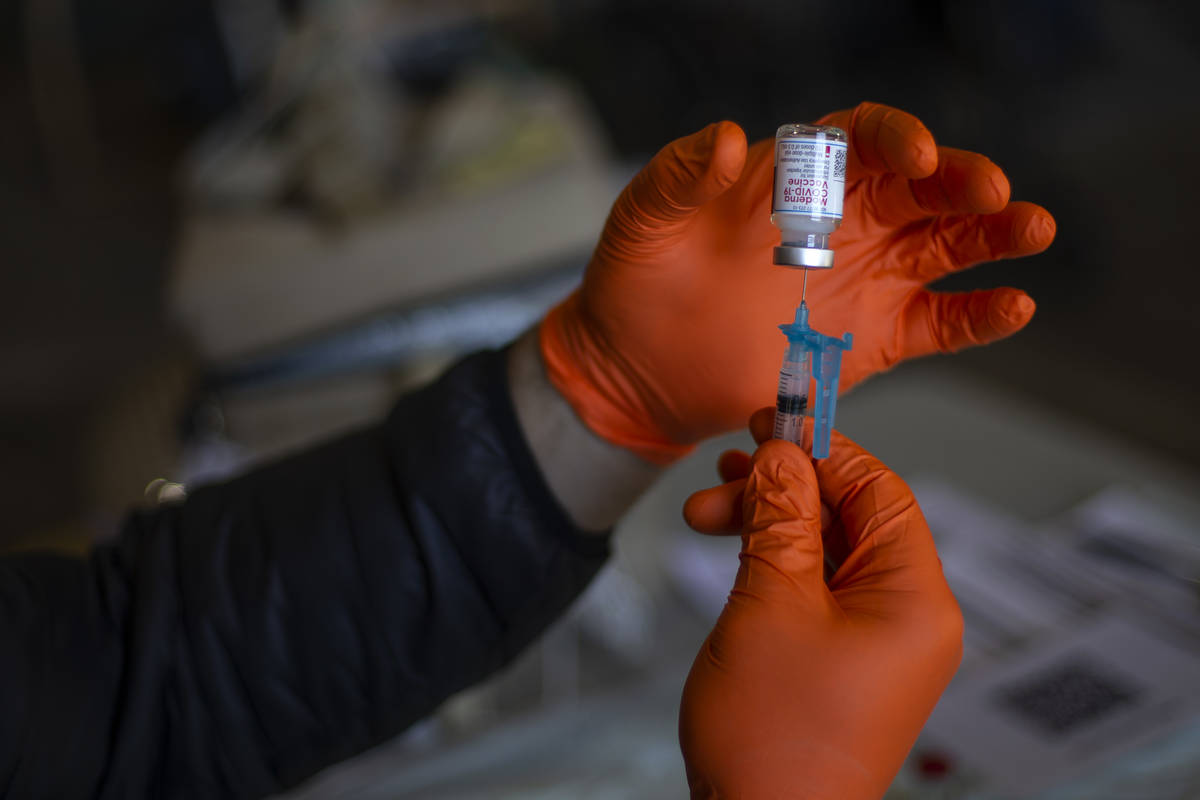VICTOR JOECKS: The CDC’s coronavirus vaccine hesitancy
The coronavirus vaccines are highly effective. Why isn’t the Centers for Disease Control acting like it?
On Monday, the CDC issued new guidance for fully vaccinated individuals. They now have the agency’s OK to gather with other vaccinated people or those from a single low-risk household without masks or social distancing. They don’t need to get a virus test if they’re around someone with the coronavirus and remain asymptomatic. And that’s it.
Underwhelming doesn’t even begin to describe it. There’s more.
The CDC’s official recommendation is that those who’ve been vaccinated should “delay travel and stay home to protect yourself and others from COVID-19.” They should avoid all but the smallest in-person gatherings. They’re supposed to continue wearing masks and social distancing in public or when around multiple households.
If you wanted to make the case that the vaccines aren’t effective, this would be Exhibit A. Even after you get the vaccine, the argument would go, the CDC says you should hide in your home. Why bother?
Exhibit B would be teacher unions around the country simultaneously fighting to prioritize teachers for vaccines and demanding schools stay closed.
The vaccines, however, are incredibly effective. An Israeli study of more than 500,000 people who received the Pfizer vaccine found only 544 were diagnosed with the virus. Among those, there were just four severe cases and no deaths. Compared to a control group, symptomatic cases dropped by more than 90 percent. That study is from February, so the number of cases may increase over time, but you can still see how well the vaccine worked.
The selling point of the coronavirus vaccine should be twofold. It will dramatically decrease your risk of catching the virus — and that will allow you to live a normal life with minimal risk. Leave the mask at home. Go to a family reunion and hug your grandkids. Enjoy a show or eat out at a restaurant. Take a flight and vacation while prices are low.
You can’t wait until there is no risk. Eliminating risk entirely isn’t possible.
Instead, the CDC has signed off only on activities all but the most sheltered of Americans have been doing for the past year anyway.
On its website, the CDC justifies its timidity by undermining the vaccines. It raises questions about how long a vaccine will last and if it will work against new variants.
The problem is that there is no one-size-fits-all recommendation. People have different levels of risk and risk tolerance. Instead of issuing such tepid guidance, officials should explain what the data shows. Lay out the risk the virus poses by age group and health conditions and then explain how receiving the vaccine changes that risk. People are intelligent enough to figure it out from there.
Instead, the CDC’s hesitancy undermines its push to get people vaccinated.
Contact Victor Joecks at vjoecks@reviewjournal.com or 702-383-4698. Follow @victorjoecks on Twitter.


















